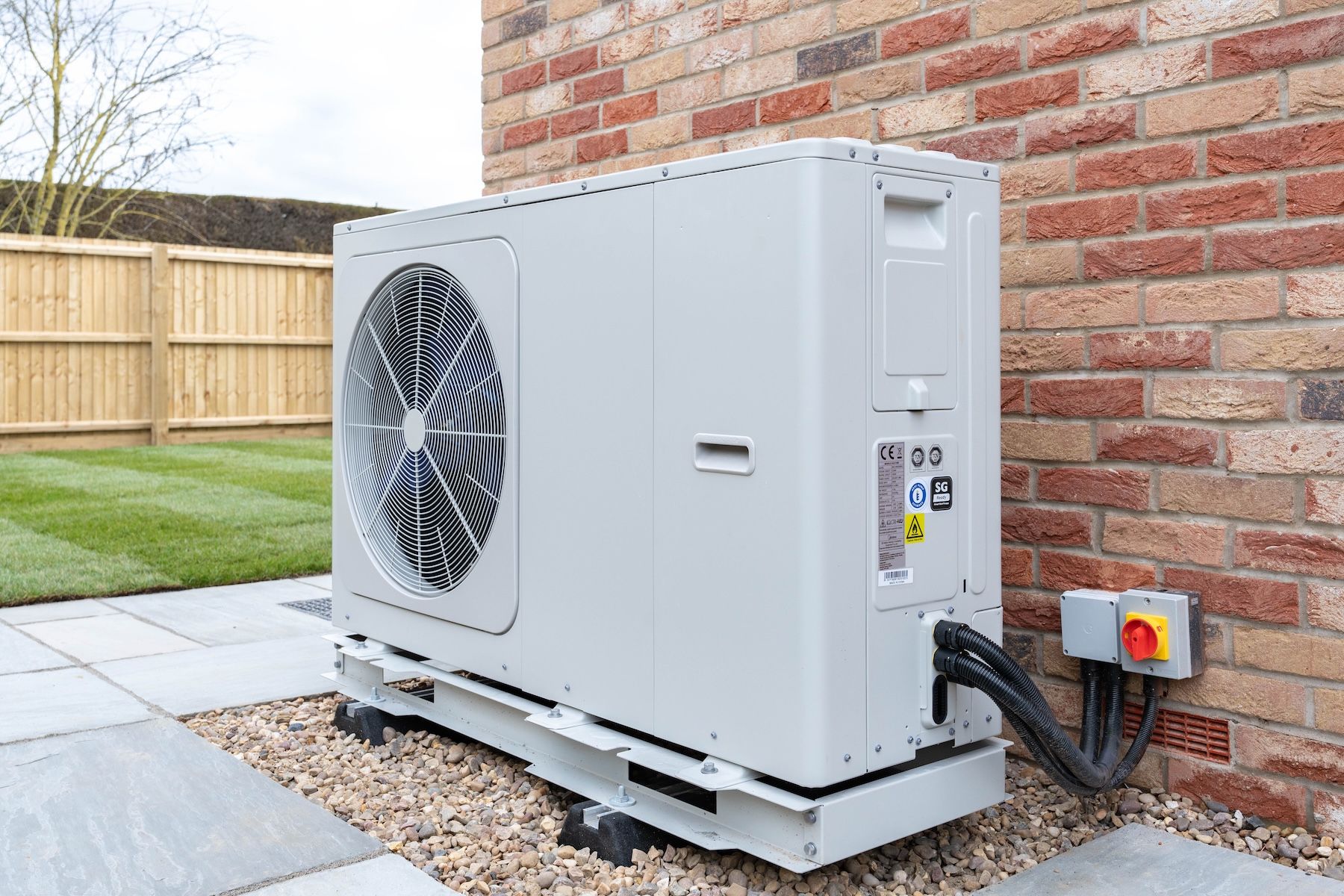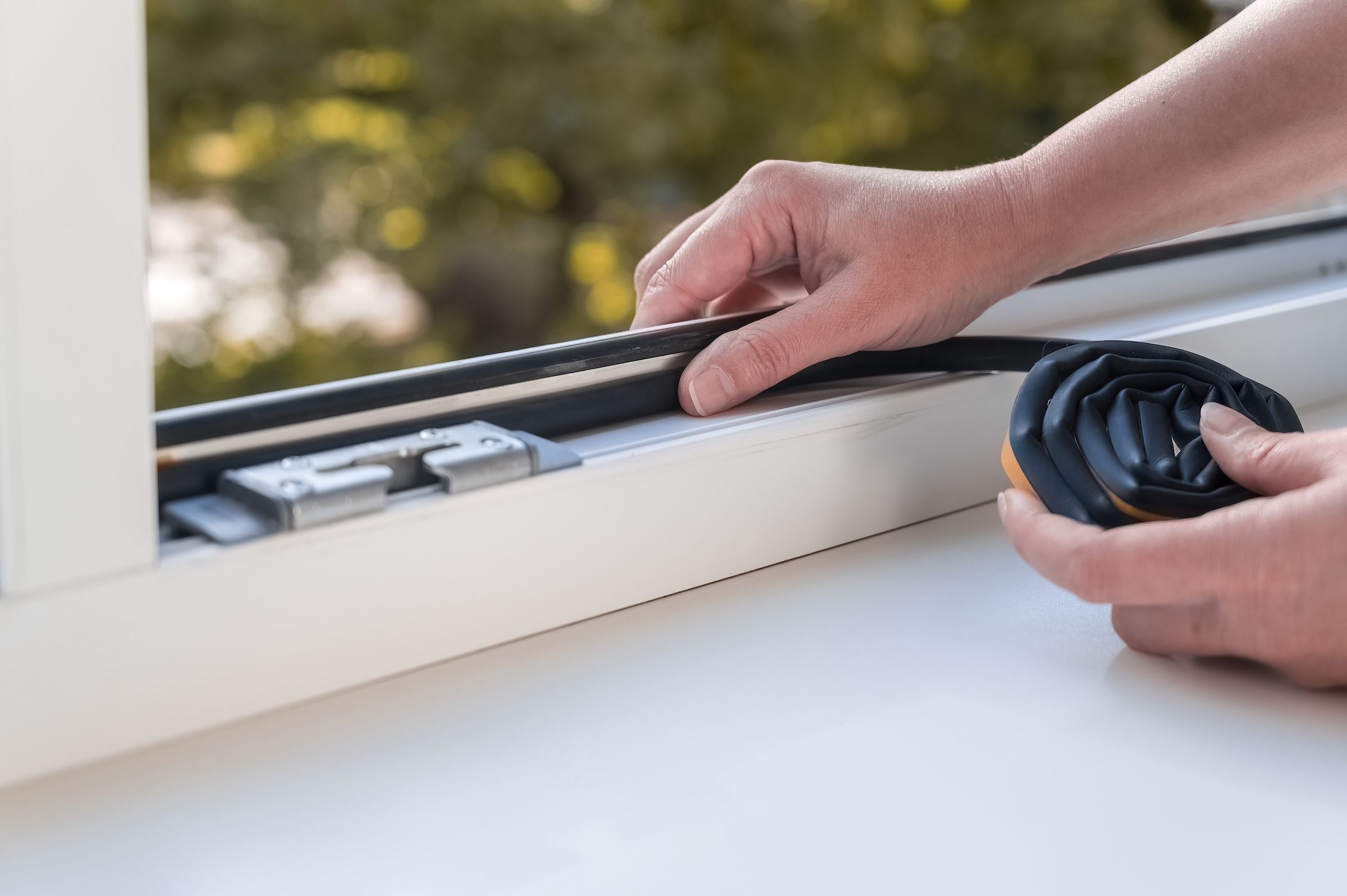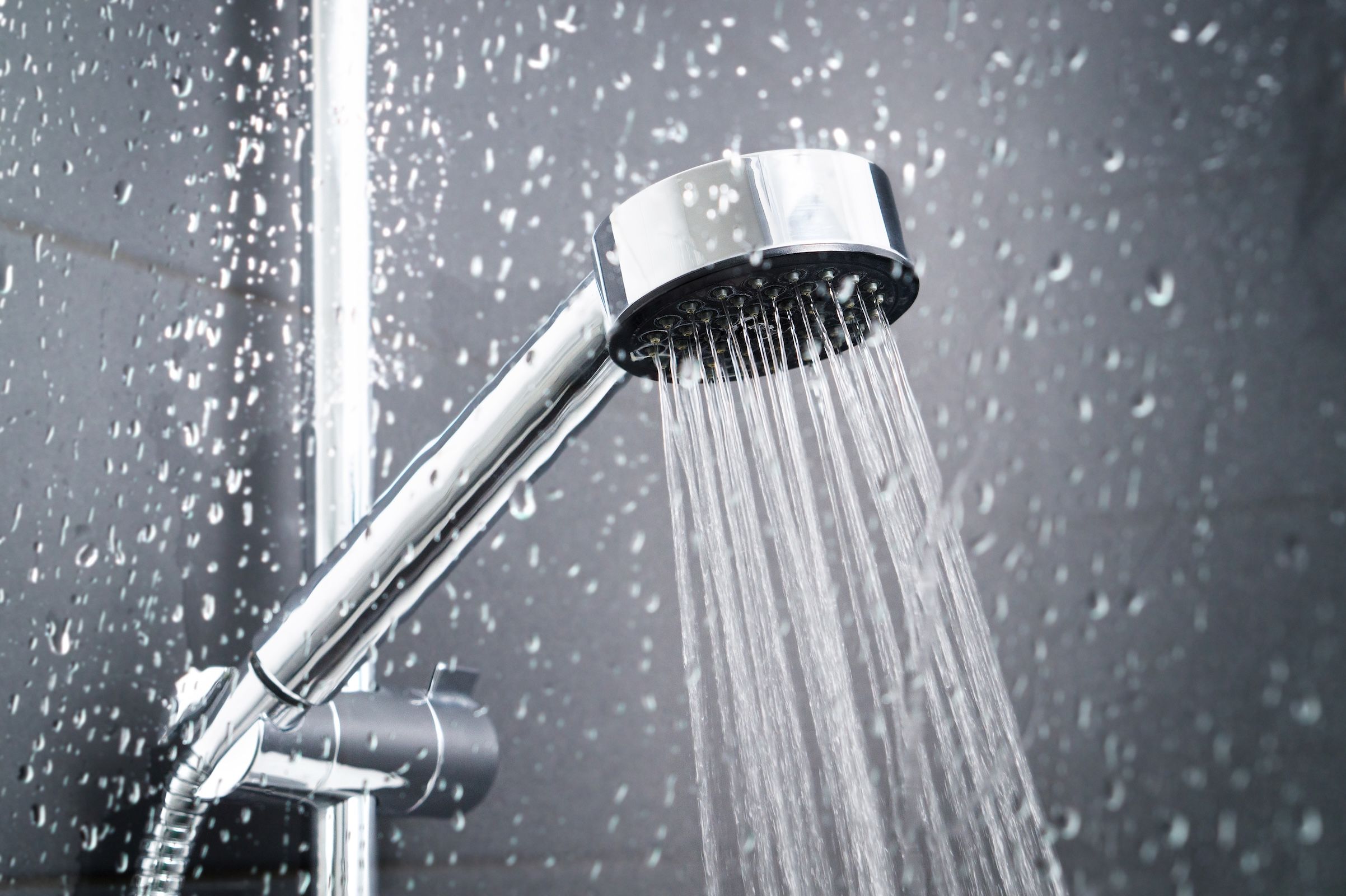Ways To Save Money and Energy
Implementing energy-saving practices, such as closing curtains during hot days and regular maintenance on your HVAC system, can effectively lower energy consumption and expenses.
If you want help identifying and implementing energy-saving solutions for your home, be sure to check out our energy efficiency programs!
Learn More)
Heating and Cooling
Heating and cooling typically account for more than half of household energy usage. Adjusting the thermostat or taking advantage of more efficient technology can lead to significant savings over time.

Air Leaks and Insulation
Insulating and sealing your home keeps conditioned air in, lowers your energy costs and reduces demand on your HVAC system. Consider adding insulation if your home is not sufficiently insulated, and make sure windows and doors are properly caulked and weather-stripped.

Hot Water
A water heater is often the second-highest energy user in a home, after heating and air conditioning.
You can reduce the energy used for hot water by setting your water heater thermostat to 120 degrees, which also prevents scalding.
When it's time to replace your water heater, consider switching to an ultra-efficient heat-pump water heater. Even better, we offer rebates for heat-pump water heaters!
Arkansas RebatesOklahoma Rebates